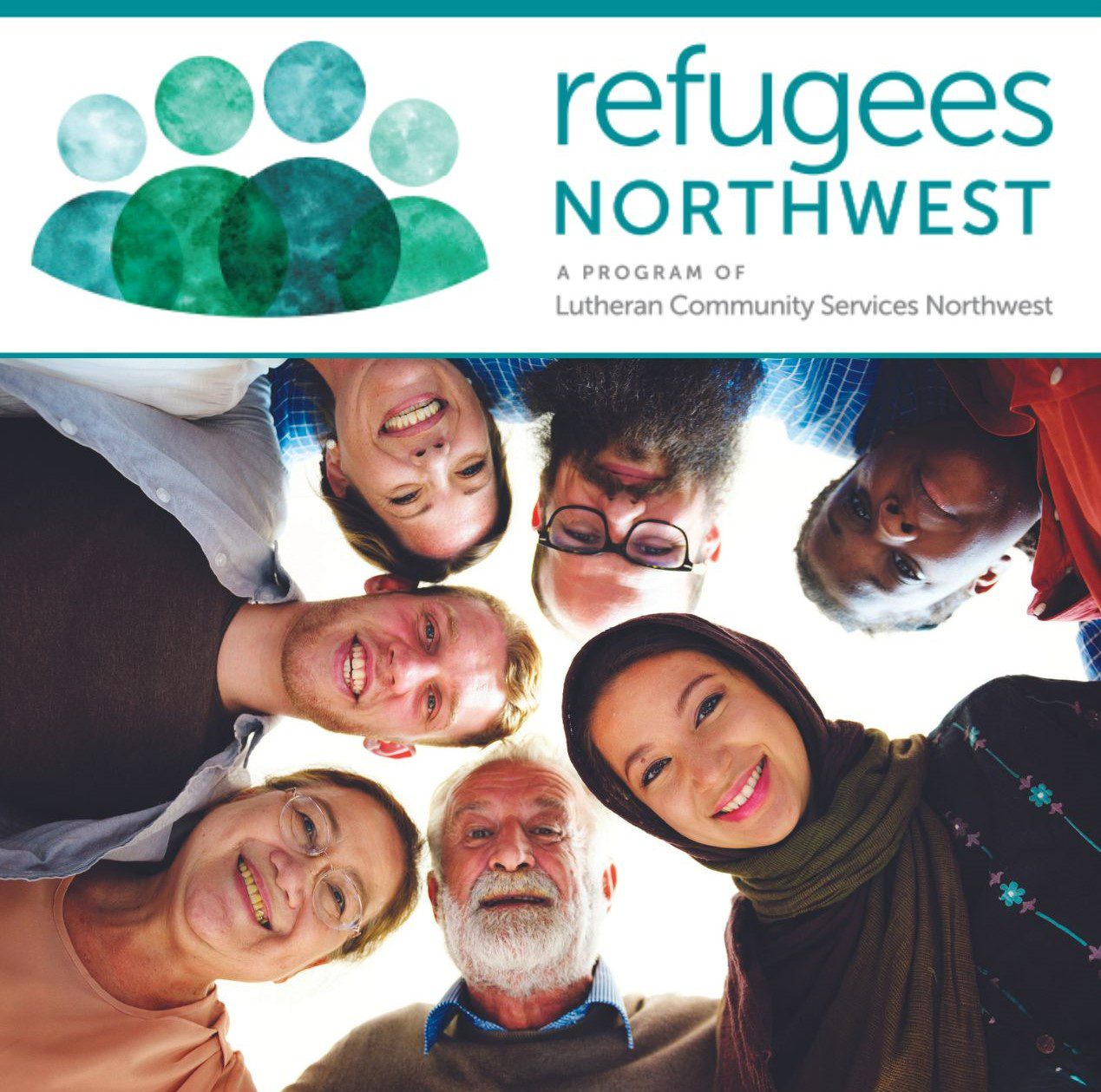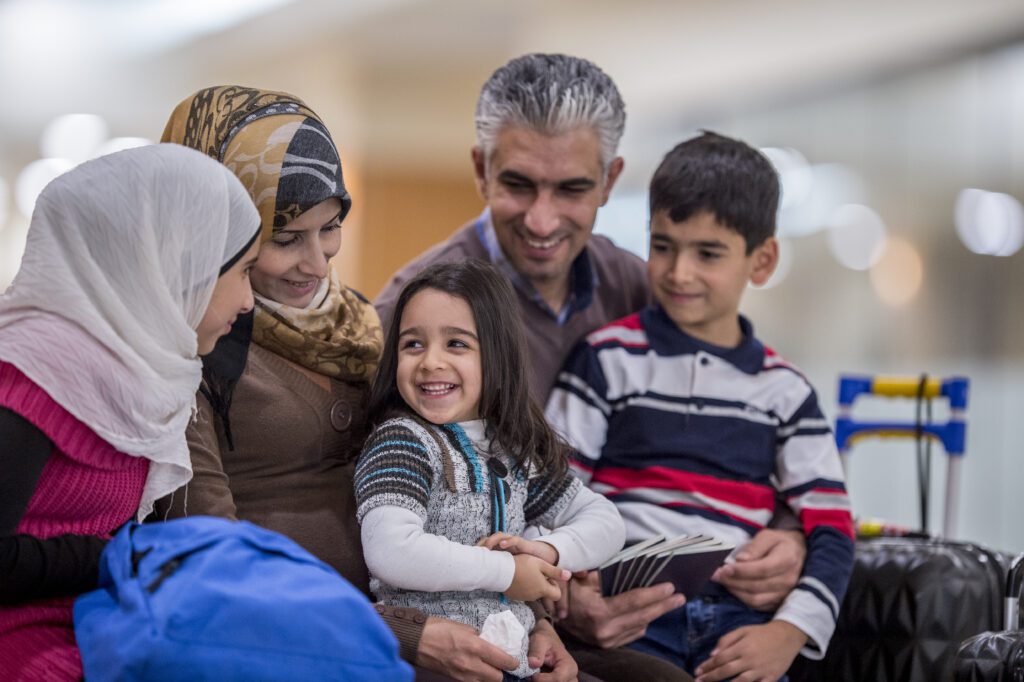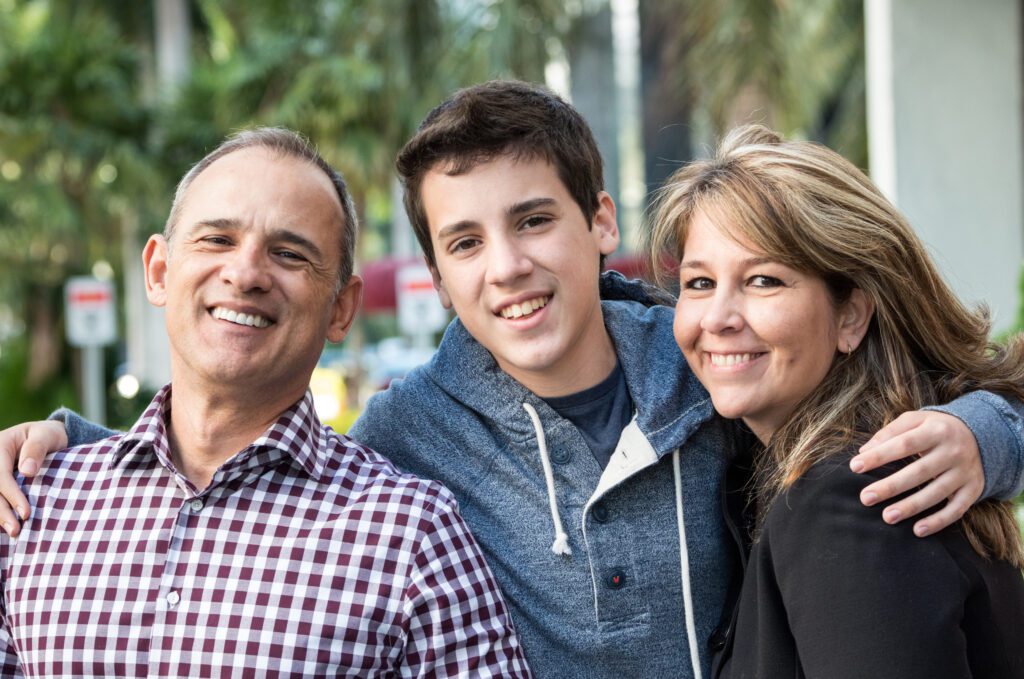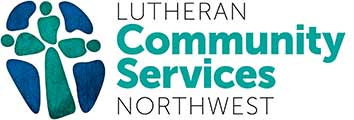Refugees Northwest
Over 60% of our staff came to the United States as refugees or seeking asylum. Speaking over 17 languages, our dedicated and experienced staff have walked in the shoes of those we serve, giving us unique insight. For over three decades, we’ve proudly served as part of Lutheran Community Services Northwest, where we have always pursued the most innovative and effective practices. Because of that commitment, we are recognized–both nationally and internationally–as leaders in addressing the challenges that refugees and asylum seekers face.
We offer services at three King County locations:

Counseling
Community Programs
Asylum Assistance
Complex Health Case Management
Evaluation Network
Immigration Assistance
Counseling
Foster Care [email protected]
Wraparound with Intensive Services (WISe) [email protected]

Safety and stability in the United States is our primary goal for the Refugee and Immigrant Services program. We provide a wide range of support services including assisting community members in adjusting their status to green card holders, and naturalizing to become citizens. Every year, Refugees Northwest provides free immigration assistance to hundreds of area residents who qualify. We provide support services and a robust referral program to provide wraparound case management that impacts every aspect of our community’s lives.
Services provided include:
- Asylum Assistance Program (AAP)
- Asylum Housing Assistance Program (AHAP)
- Refugee Health Promotion Program (RHPP)
- Cultural Orientation and Community Involvement Program (COCE)
- Legal Education and Advocacy Program (LEAP)
Visit Refugee and Immigrant Services for more information. Questions? Email [email protected].
 Refugees, asylees, and other forced immigrants have unique needs and an array of experiences best addressed by those with their similar backgrounds. Combining culturally and linguistically specific knowledge to the mental health interventions relevant to specific populations arriving and staying within the United States. Our work centers on those coming from refugee, immigrant and asylee backgrounds. Our counseling staff speak over a dozen languages and many share immigrant backgrounds similar to those of the client community.
Refugees, asylees, and other forced immigrants have unique needs and an array of experiences best addressed by those with their similar backgrounds. Combining culturally and linguistically specific knowledge to the mental health interventions relevant to specific populations arriving and staying within the United States. Our work centers on those coming from refugee, immigrant and asylee backgrounds. Our counseling staff speak over a dozen languages and many share immigrant backgrounds similar to those of the client community.
Services we offer:
- Refugee Counseling
- Wraparound with Intensive Services (WISe)
- Seattle Asylum & Forensic Evaluation (SAFE) Network
Visit Behavioral Health and Wellness for more information.

The United States has long helped some of the most vulnerable of refugees through its Unaccompanied Refugee Minor (URM) programs – a vitally important part of the overall U.S. refugee resettlement program. Refugees Northwest Foster Care is a URM program here in the Seattle area, designed to welcome young refugees, immigrants, and trafficked youth who are alone and without caregivers. Our program began in 1980 by resettling Vietnamese children in Washington State. Over the years, we have placed over 500 unaccompanied minors in foster care, giving them the opportunity for education and the chance to rebuild their lives.
Today, Refugees Northwest Foster Care serves over 70 unaccompanied minors from countries all over the world such as Afghanistan, Democratic Republic of Congo, Eritrea, Burma (ethnic minority Rohingya), Mexico, Honduras, Guatemala, and El Salvador. All of these youth are in the U.S. alone without a parent or guardian to care for them. They have fled war, persecution, abuse, neglect, or violence and are unable to return home.
We connect these youth to foster families and safe housing, and then support them and their new caregivers to ensure access to education, healthcare, and the realization of their personal goals. We are proud to say that eight out of ten refugee students in our care graduate from high school, compared to just half of all other foster children nationwide. Many of these graduates go on to pursue higher education.
Visit Refugees Northwest Foster Care for more information. Questions? Email [email protected].
 The United States has always been a beacon of hope for those who are persecuted and oppressed. We honor that legacy by helping refugees rebuild their lives and thrive in their new communities. You can ensure that our nation is stronger, kinder and more vibrant when you support Refugees Northwest.
The United States has always been a beacon of hope for those who are persecuted and oppressed. We honor that legacy by helping refugees rebuild their lives and thrive in their new communities. You can ensure that our nation is stronger, kinder and more vibrant when you support Refugees Northwest.
Donate
Give generously to help us make sure each refugee that arrives in our area is given a chance to begin their new life with health, justice and hope. Thanks to your tax-deductible gifts, lives are saved and communities are enriched by the diversity and strengths of people who have triumphed over adversity. You give people hope for the future, and the ability not only to turn their lives around, but to pay it forward. Health, justice and hope become a reality for entire communities, and for future generations. Donate Here
Volunteer
We could not do what we do without the passionate help of our amazing volunteers. There are many different ways to participate…find out how you can help today! For current volunteer openings, visit Volunteer Opportunities
 Become a Foster Parent
Become a Foster Parent
Foster families welcome refugee and immigrant teens who have been forced to flee their home countries and are in need of loving adults to care for them in the in the areas of King County and South Snohomish County. Families help teens in their care to heal, grow, and reach their goals–graduating from high school, beginning college, vocational school or work, and finding a sense of home in their new community. Must reside in or near King County or South Snohomish County, be at least 21-years old, and complete the foster care licensing process.
For more information, visit refugeechildren.net or email [email protected].
Become a Host Home
Host Homes offer an affordable, stable housing option for more independent refugee and immigrant youth who are 18 or older. This is a stepping stone to independence, with youth continuing to receive the same foster care benefits as youth living in licensed foster homes, while experiencing a more independent living arrangement. While the primary need is always for more licensed foster homes, hosting is an alternative way you can get involved to support refugee and immigrant youth.
For more information, visit refugeechildren.net or email [email protected].
 Become a Volunteer Asylum Evaluator
Become a Volunteer Asylum Evaluator
Volunteer Asylum Evaluators are licensed mental health professionals and licensed healthcare providers who volunteer their time and expertise to conduct independent evaluations of individuals who are seeking asylum. Volunteer evaluators help assess and document the physical and psychological symptoms or consequences applicants may have arising from the experiences which caused them to leave their homeland. These evaluations play a critical role in helping individuals who are fleeing persecution and torture find safety and healing as they endeavor to rebuild their lives. Volunteer evaluators must be ARNPs, MDs, LICSWs, or LICMHPs with current and active licenses. Volunteers must complete the application process (including a background and reference checks) and attend an initial training session.
For more information, please contact our Seattle Asylum Forensic Evaluation Network (SAFE Net) at [email protected].
